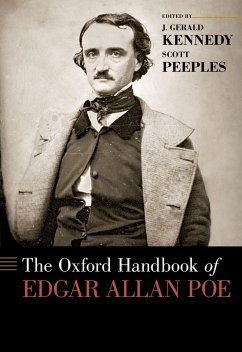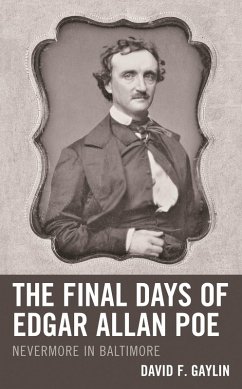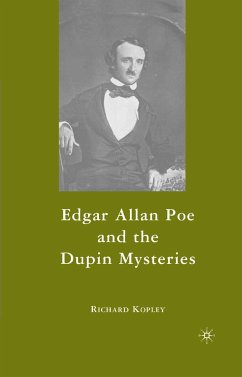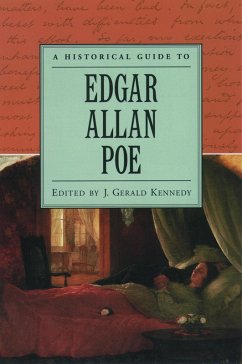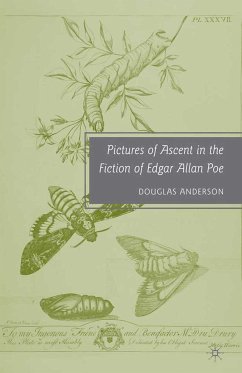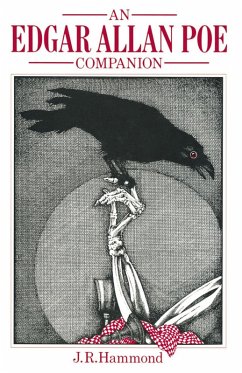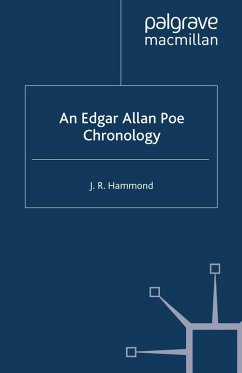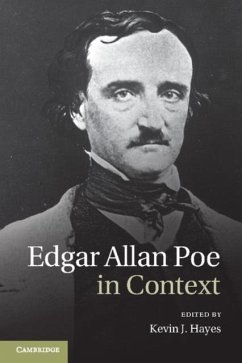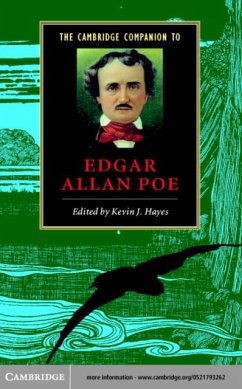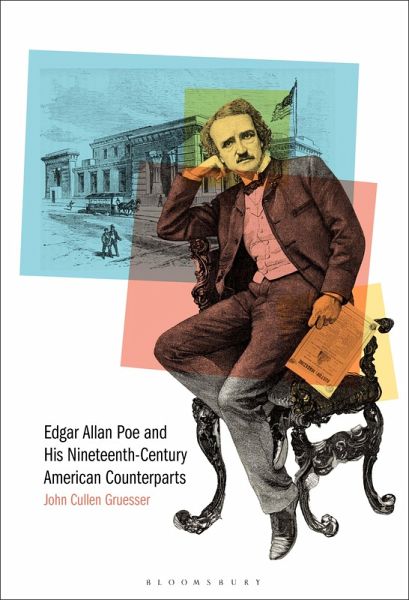
Edgar Allan Poe and His Nineteenth-Century American Counterparts (eBook, PDF)

PAYBACK Punkte
14 °P sammeln!
Winner of the 2019 Patrick F. Quinn Award for the best book on Poe (awarded by the Poe Studies Association) Edgar Allan Poe and His Nineteenth-Century American Counterparts addresses Poe's connections with, critical assessments of, borrowings from, and effect on his literary peers. It situates Poe within his own time and place, paying particular attention to his interactions with, and impact on, figures such as Nathaniel Hawthorne, Walt Whitman, Herman Melville, Mark Twain, Harriet Jacobs, and Pauline Hopkins. John Cullen Gruesser rebuts myths that continue to cling to Poe, demonstrates Poe's ...
Winner of the 2019 Patrick F. Quinn Award for the best book on Poe (awarded by the Poe Studies Association) Edgar Allan Poe and His Nineteenth-Century American Counterparts addresses Poe's connections with, critical assessments of, borrowings from, and effect on his literary peers. It situates Poe within his own time and place, paying particular attention to his interactions with, and impact on, figures such as Nathaniel Hawthorne, Walt Whitman, Herman Melville, Mark Twain, Harriet Jacobs, and Pauline Hopkins. John Cullen Gruesser rebuts myths that continue to cling to Poe, demonstrates Poe's ability to transform themes he encountered in the works of his literary contemporaries into great literature, and establishes the profound influence of Poe's invention of detective fiction on nineteenth-century American writers.




